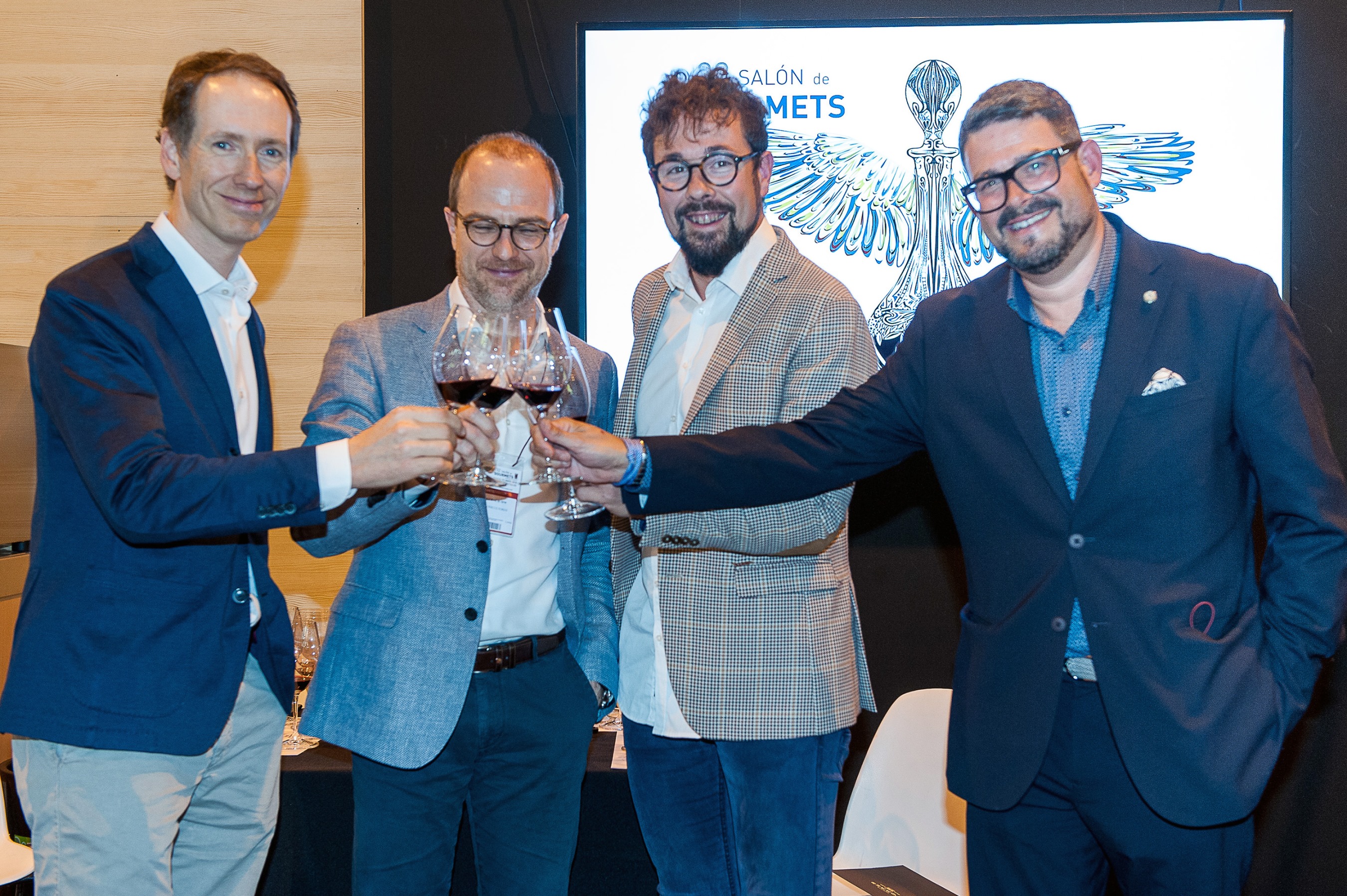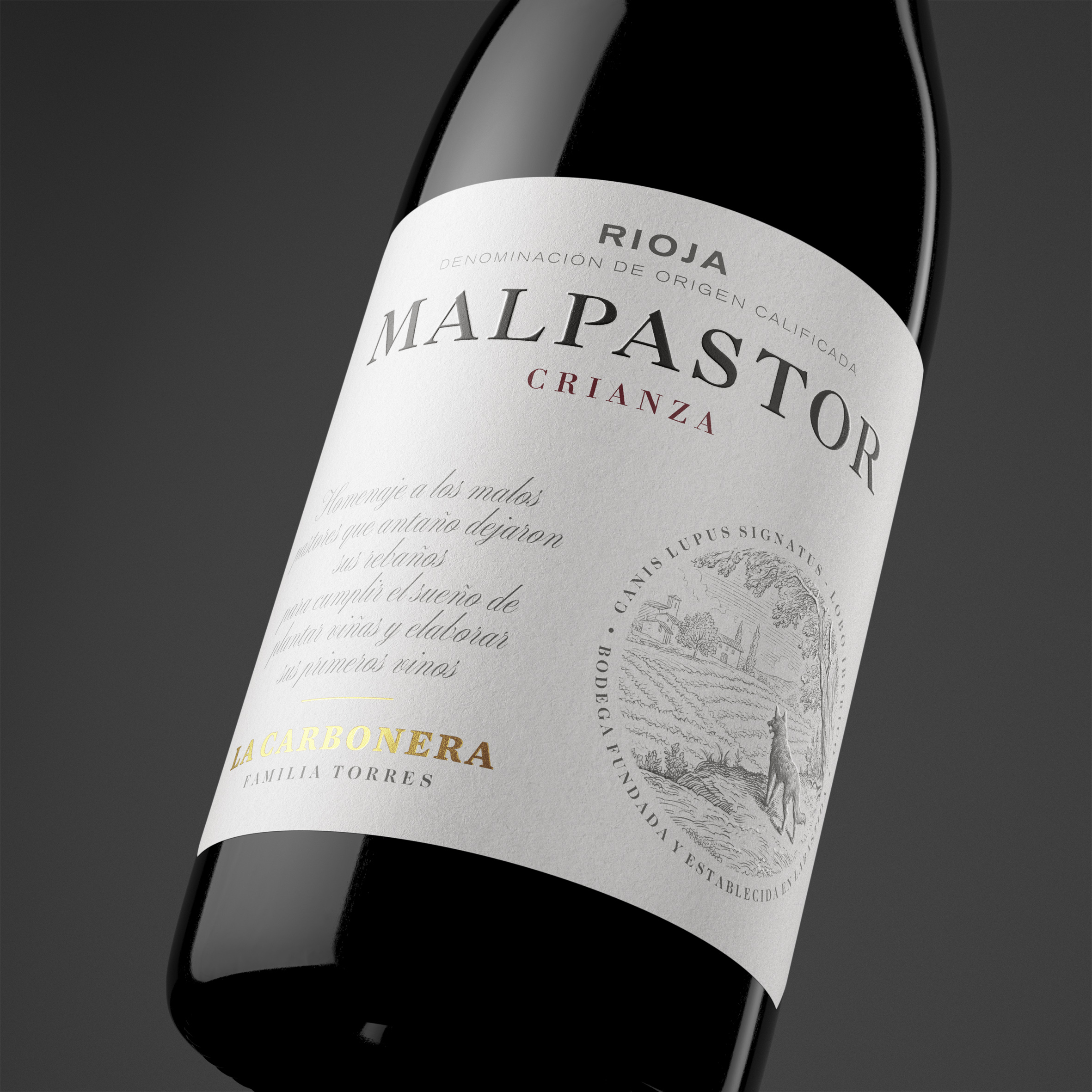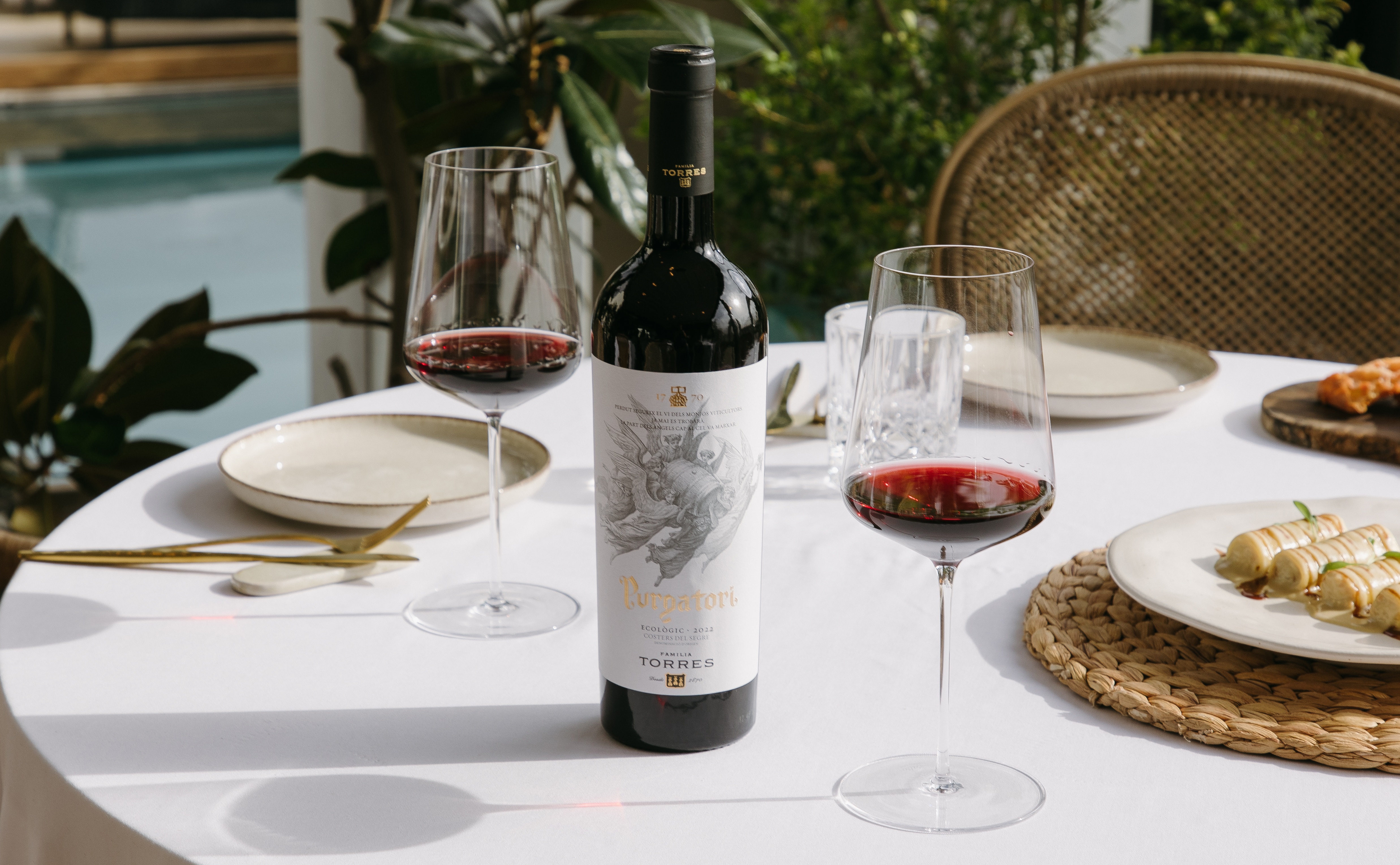Andreas Kubach MW and Fernando Mora MW believe that some of these pre-phylloxera varieties will revolutionize Spanish wine
According to the Masters of Wine Andreas Kubach and Fernando Mora, the ancestral grape varieties that have been successfully recovered by Torres Family represent an excellent opportunity to give Spanish wine its own personality and identity and cope with climate change. These two wine experts, holders of the industry’s highest recognition at global level, were clearly totally convinced as they tasted five pre-phylloxera varieties with the most winemaking potential—out of the 50 varieties recovered up to now—at an event held last Monday, May 6, at the Salón de Gourmets in Madrid.
“At a time when everything is becoming standardized, finding these gems of winemaking is wonderful,” asserted Fernando Mora, “as is thinking about the fact that this is just a small sample of all the wine-producing richness we have in our country that’s just waiting to be discovered.” For Andreas Kubach, “these varieties will give us something to talk about, since their wines have lots of personality, they’re recognizable and linked to a region.” He added, “It will be a huge success if, besides adapting to climate change, these wines are able to bring all this uniqueness right to the glass.”
This passionate, yet long and costly, project is playing an unquestionable role in recovering Spanish wine-producing heritage. Launched by the Torres Family in Catalonia in the early 1980s, in recent years it has been extended to other wine-growing areas and shared with other vine growers. “It started as something philanthropic; we hadn’t planned to make wines until we became aware of the real winemaking potential of some of these varieties and of the differential value they could bring to the region,” explained Miguel Torres Maczassek, a member of the family’s fifth generation. “It’s interesting, but not just because it’s ancestral. We’ve only focused on the varieties that really stand out at winemaking level and that are able to cope with the problems brought about by climate change.”
Kubach and Mora expressed their admiration for the project and the experimental wines made using varieties christened with the names Forcada, Pirene, Gonfaus, Moneu, and Querol, in reference to the places where they were found. The MWs were especially surprised by the wines’ freshness and aromatic strength in general. “The acidity is the backbone of these wines,” commented Kubach, also pointing out “their elegance, balance, and the fact that they’re so drinkable.” Fernando Mora described them as “honest,” since, in his opinion, “having these levels of acidity naturally is something really amazing, and we must defend diversity and honesty in the wine world.” “With this project, we’re going back to the past while looking to the future, we’re preserving our ancestors’ knowledge, but at the same time we’re using modern techniques,” noted Mora.
Torres Family sommelier Sergi Castro explained that these are varieties with a long cycle, that maintain a high acidity and a moderate level of alcohol, “despite the fact that many of them are harvested in mid-October, which is almost a heroic feat.” These are the special characteristics that make them particularly interesting in terms of climate change, the greatest challenge faced today by vine growing and the wine sector in general.
“As vine growers and wine producers, we have the obligation to adapt to climate change, but we also have the opportunity to be active and to do things well, recovering richness and uniqueness to position Spanish wine among the best wines in the world,” stated Miguel Torres.
The tasting, which was attended by around 100 people, finished with Grans Muralles 2010, the prime example of the Torres Family’s ancestral variety recovery project through the inclusion of two ancestral varieties in its blend of indigenous Catalan varieties. This wine from the DO Conca de Barberà has also scored 99 out of 100 points in the 2018 edition of the Guía de Vinos Gourmets gourmet wine guide, the highest score.
Andreas Kubach, who comes from a German family and is a vineyard and winery manager who heads up his own company, Península Vinicultores, headquartered in Madrid, and Fernando Mora, a wine producer and the creator of Bodegas Frontonio in VT Valdejalón (Aragón) and Cuevas de Arom in Campo de Borja, were named Masters of Wine in 2017. The Master of Wine is the qualification that represents the highest recognition and excellence in the world of wine, including the strategic vision of the business model and ability to convey this knowledge clearly. There are 369 Masters of Wine worldwide, working in 29 countries. In Spain, there are four people who hold this qualification: Pedro Ballesteros, Andreas Kubach, Fernando Mora, and Norrel Robertson.



